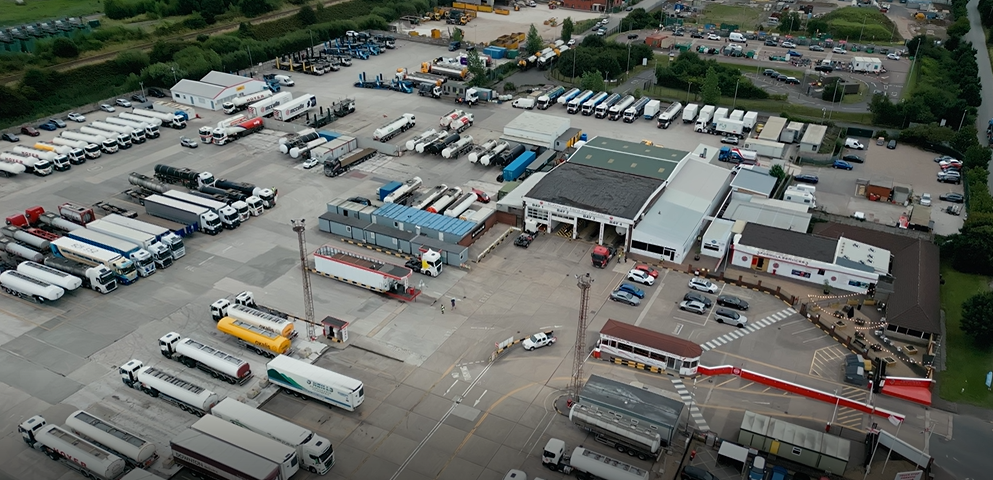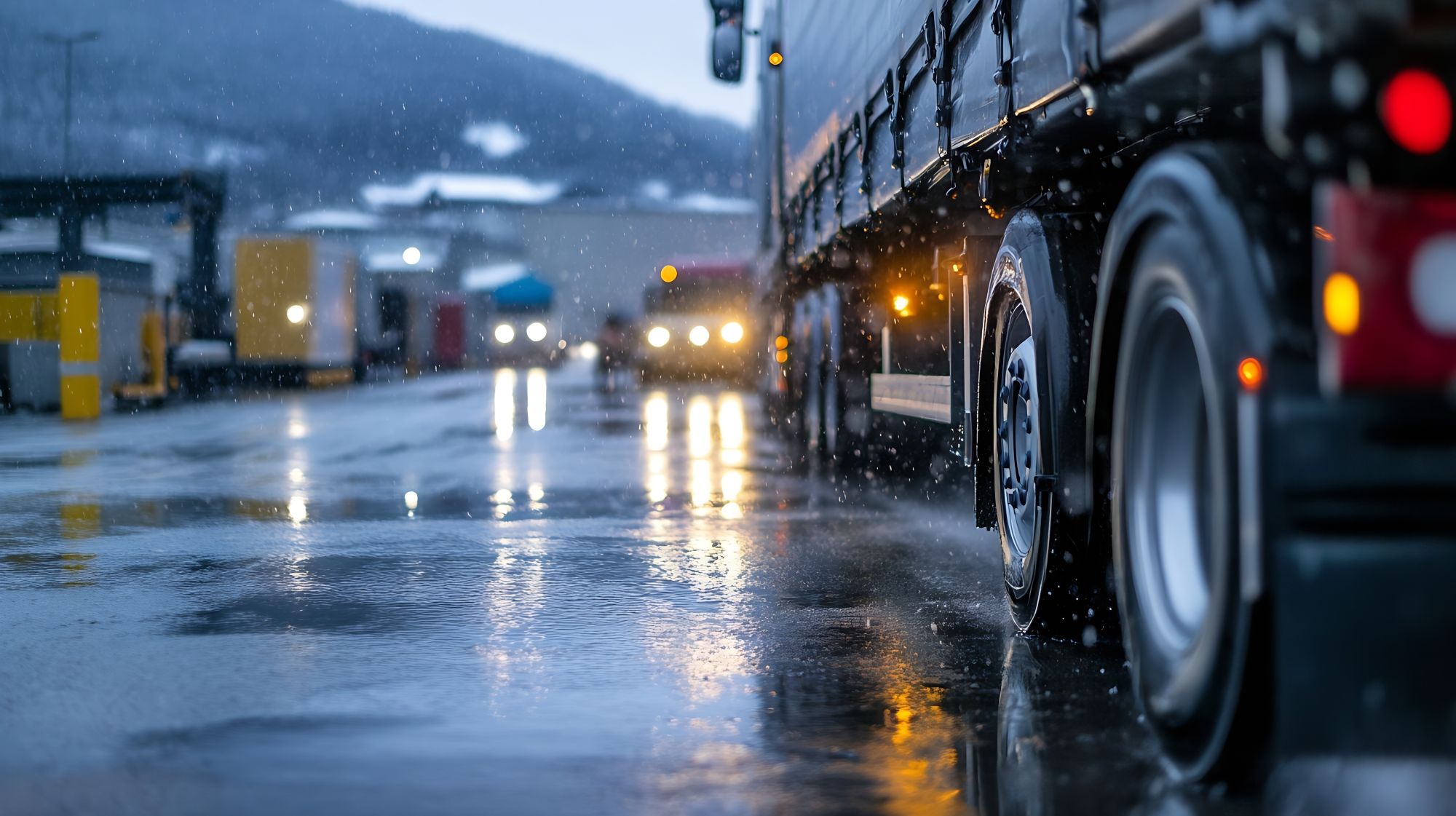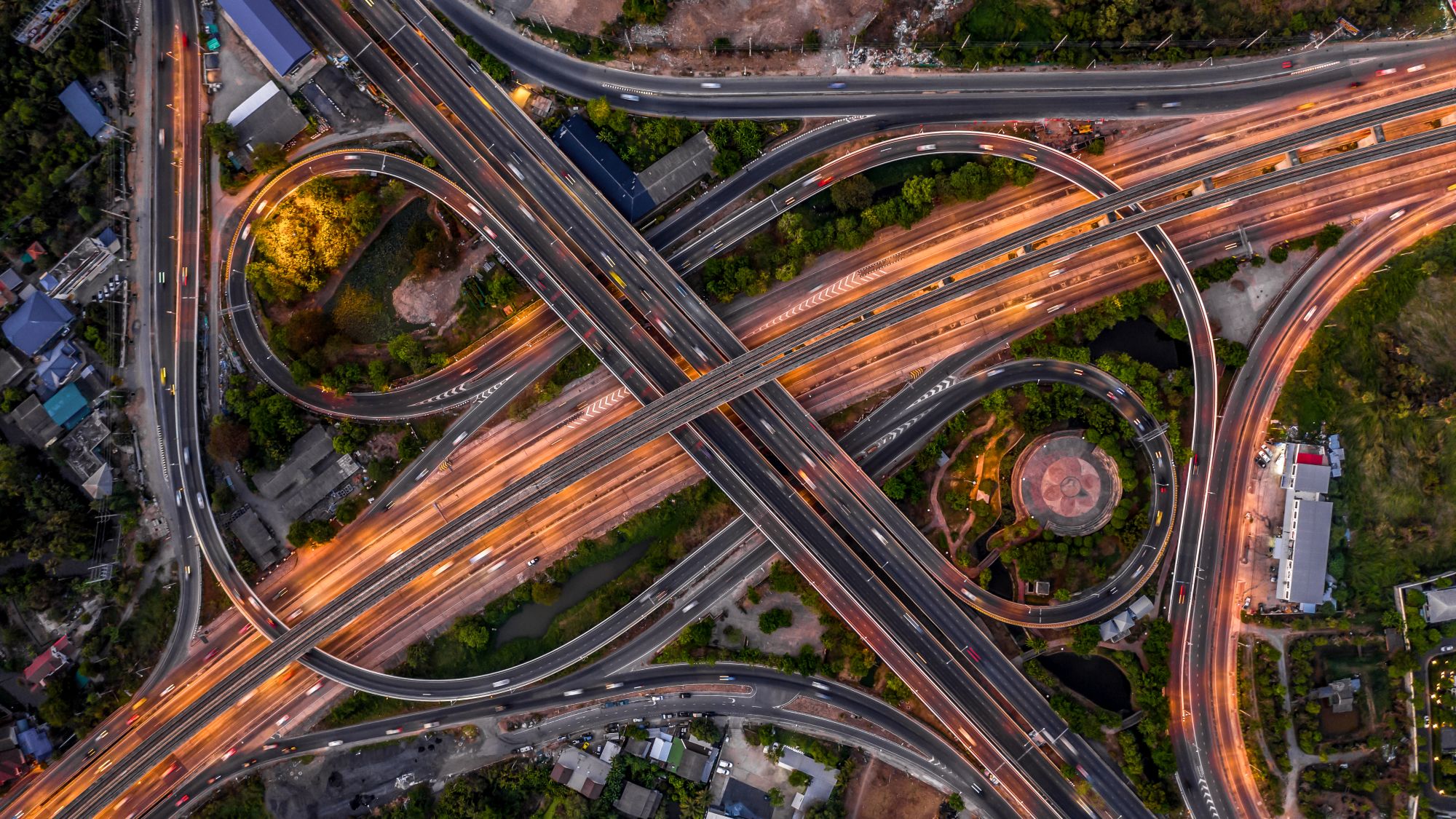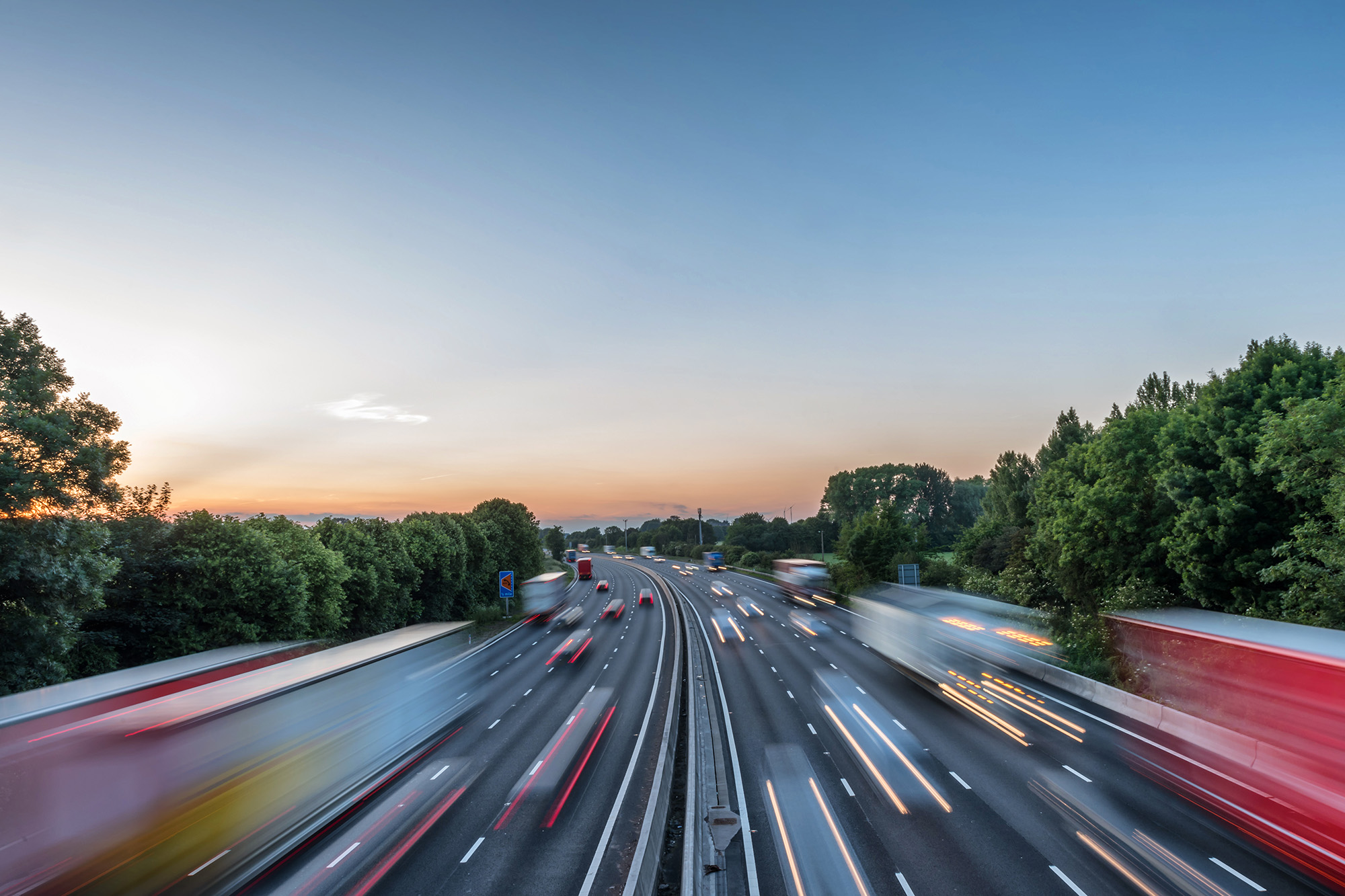
Susie Jones
Waar gaat de vrachtwagenheffing naartoe?
Gemaakt: 22-08-2024
•
Bijgewerkt: 22-08-2024
Op 1 augustus 2023 heeft de regering de vrachtwagenheffing opnieuw ingevoerd na een opschorting van drie jaar. Sinds de invoering in 2014 is de heffing een regelmatig terugkerend maar onwelkom verschijnsel geweest voor mensen in de transportsector - waardoor veel chauffeurs en wagenparken zich afvroegen wat de voordelen zijn.
Wat is de vrachtwagenheffing?
Op de [website van de overheid] (https://www.gov.uk/government/collections/hgv-road-user-levy) staat dat de vrachtwagenheffing:
"Zorgt ervoor dat alle vrachtwagens vanaf 12 ton een bijdrage leveren wanneer ze gebruik maken van de wegen in het Verenigd Koninkrijk."
Waar wordt het voor gebruikt?
De heffing heeft betrekking op de milieu-impact en de infrastructuurkosten van zware vrachtwagens in het Verenigd Koninkrijk. Het doel en de voordelen zijn de volgende:
Eerlijkheid - De heffing zorgt ervoor dat vrachtwagens die de wegeninfrastructuur zwaar belasten, hun deel bijdragen aan de onderhouds- en ontwikkelingskosten.
Uitstoot - Vanwege de milieubelasting van vrachtwagens stimuleert de heffing schonere en efficiëntere voertuigen.
Onderhoud van wegen - Financiering uit de vrachtwagenheffing onderhoudt en verbetert de wegeninfrastructuur - zodat degenen die van het wegennet profiteren direct bijdragen aan het onderhoud ervan.
Waarom is de vrachtwagenheffing opgeschort?
Tijdens de pandemie in 2020 heeft de regering de vrachtwagenheffing opgeschort om de financiële verplichtingen voor Britse en buitenlandse vervoerders te helpen verminderen - een opschorting van één jaar was gepland, maar werd verlengd tot drie jaar.
De nieuwe heffing voor vrachtwagens is opnieuw ingevoerd en is voornamelijk gericht op emissies, gewicht en de tijd die het voertuig in het Verenigd Koninkrijk doorbrengt. Vervoerders kunnen een heffing verwachten tussen £150 en £749, afhankelijk van het gewicht van het voertuig (inclusief aanhangergewicht), de Euro-emissieklasse en de tijd die het voertuig in het Verenigd Koninkrijk doorbrengt.
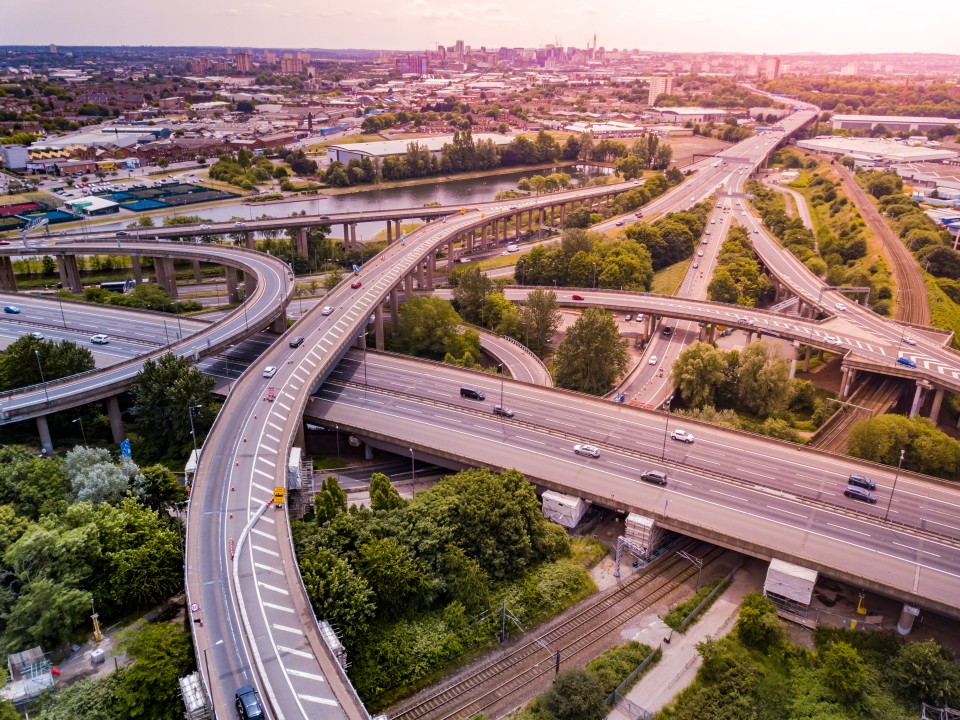
Waar willen bestuurders dat de heffing aan wordt besteed?
In een rapport gedeeld door de RHA stond dat haar leden wilden dat bruggenstakingsborden uit de heffing betaald zouden worden. Uit een enquête die werd gehouden via Facebook bleek echter dat 75% van de chauffeurs wilde dat het geld van de vrachtwagenheffing werd besteed aan betere voorzieningen langs de weg.
Vrachtwagenchauffeur Luke wil dat "de heffing voor vrachtwagens vóór alles wordt geïnvesteerd in veilige, sanitaire en betaalbare parkeergelegenheid".
Omdat truckstops een toevluchtsoord zijn voor chauffeurs, is het van vitaal belang dat ze chauffeurs voorzien van uitstekende faciliteiten en veilige parkeergelegenheid. Voor veel chauffeurs zijn ze meer dan een plek om uit te rusten en bij te tanken - het is een plek die een cruciale rol speelt bij het verbeteren van hun welzijn.
Chauffeurs Ian en Peter willen dat het geld wordt besteed aan de uitbreiding van het netwerk in het hele Verenigd Koninkrijk.
"We hebben meer locaties nodig waar we veilig kunnen parkeren," zegt Ian. Peter legt uit dat de industrie dringend behoefte heeft aan "betere faciliteiten op stopplaatsen en nieuwe stopplaatsen voor vrachtwagens".
Hoewel de herinvoering van de vrachtwagenheffing negatief is ontvangen door mensen in de transportsector, moeten bedrijven accepteren dat de heffing blijvend is. De heffing zorgt voor inkomsten voor wegenonderhoud en is van vitaal belang voor het stimuleren van een schone en efficiëntere industrie.
Wie moet de wegenbelasting voor vrachtwagens betalen?
Exploitanten en chauffeurs zijn verantwoordelijk voor het betalen van de heffing. Voertuigen van buiten het VK moeten betalen voordat ze het land binnenkomen. Voor in het VK geregistreerde vrachtwagens worden de tarieven automatisch door de DVLA berekend en in dezelfde transactie betaald als de motorrijtuigenbelasting.
Financiert de overheid nog steeds HGV-opleidingen?
Om de druk van Brexit en de pandemie op de transportsector te verlichten, introduceerde de regering in 2021 plannen om meer chauffeurs de weg op te krijgen. De financiering voorzag in opleidingen voor 4.000 chauffeurs om hun vrachtwagenrijbewijs te halen. Er werden HGV Skills Bootcamps geopend om ook andere volwassen leerlingen te financieren.
Het ministerie van Onderwijs heeft bevestigd dat de financiering loopt tot het einde van het academisch jaar 2023.
